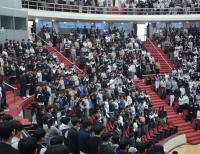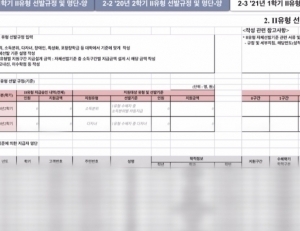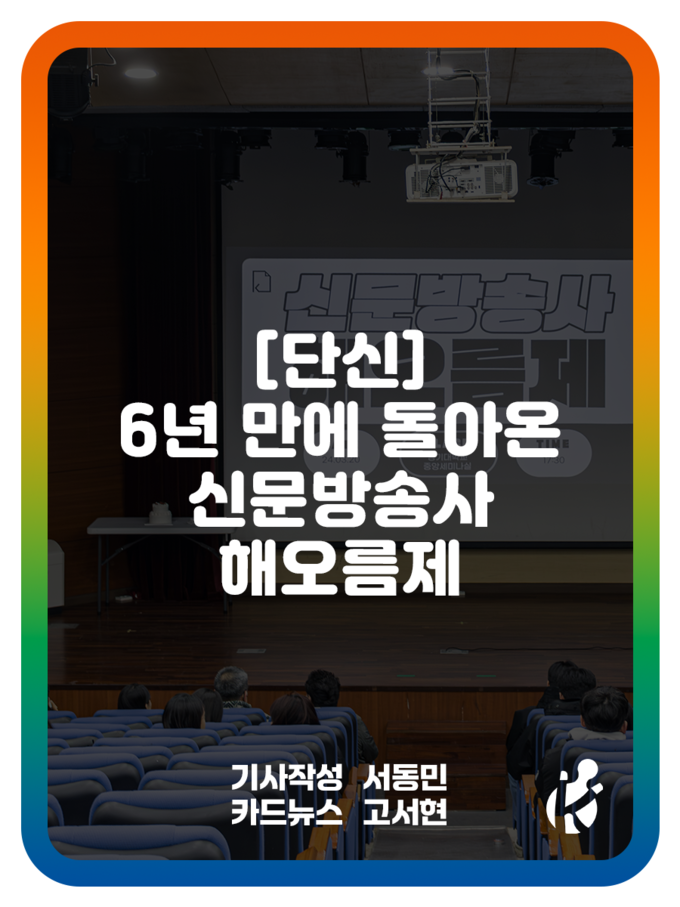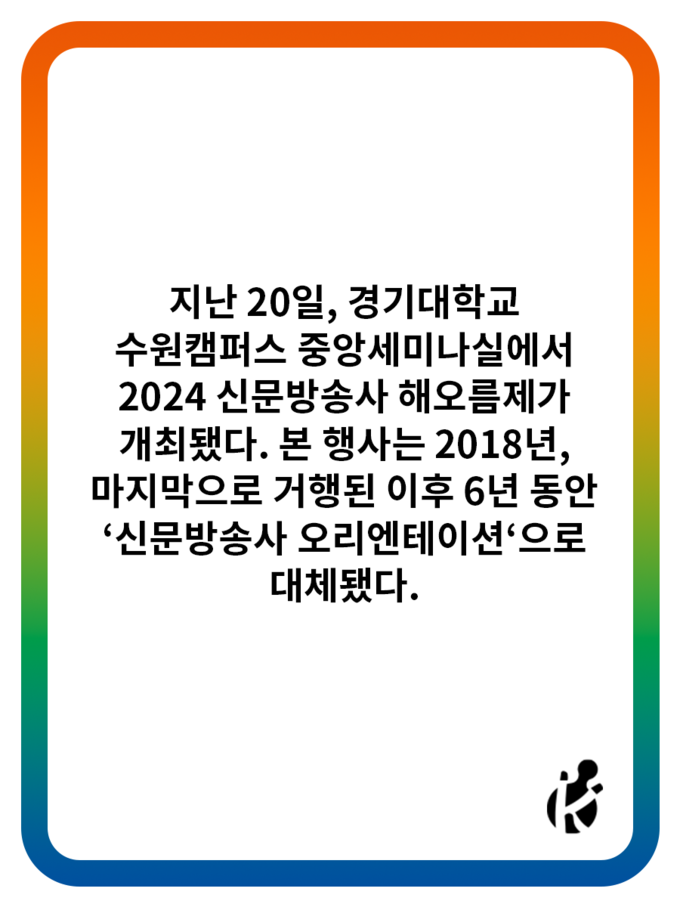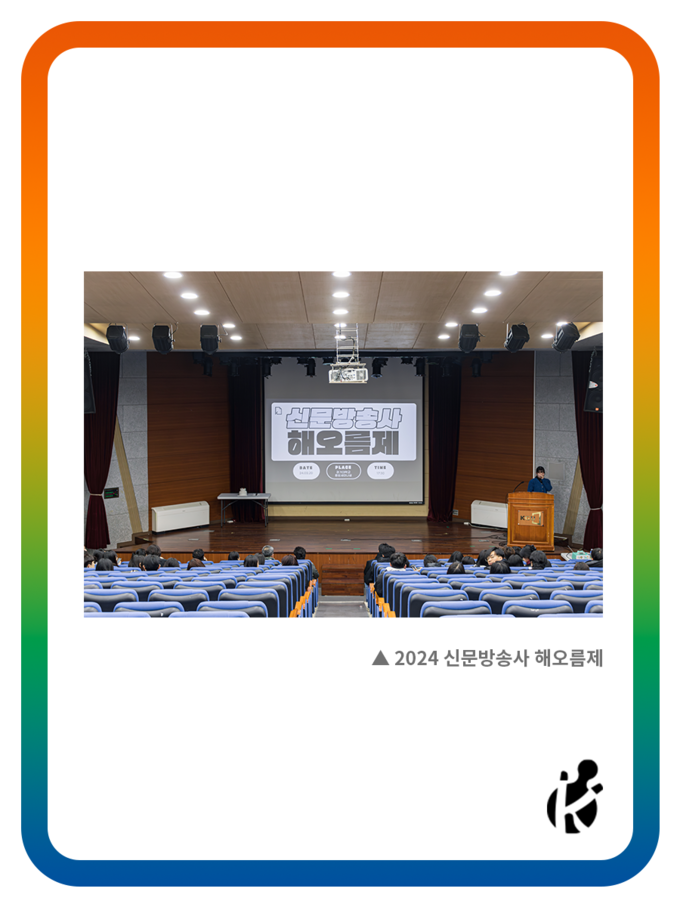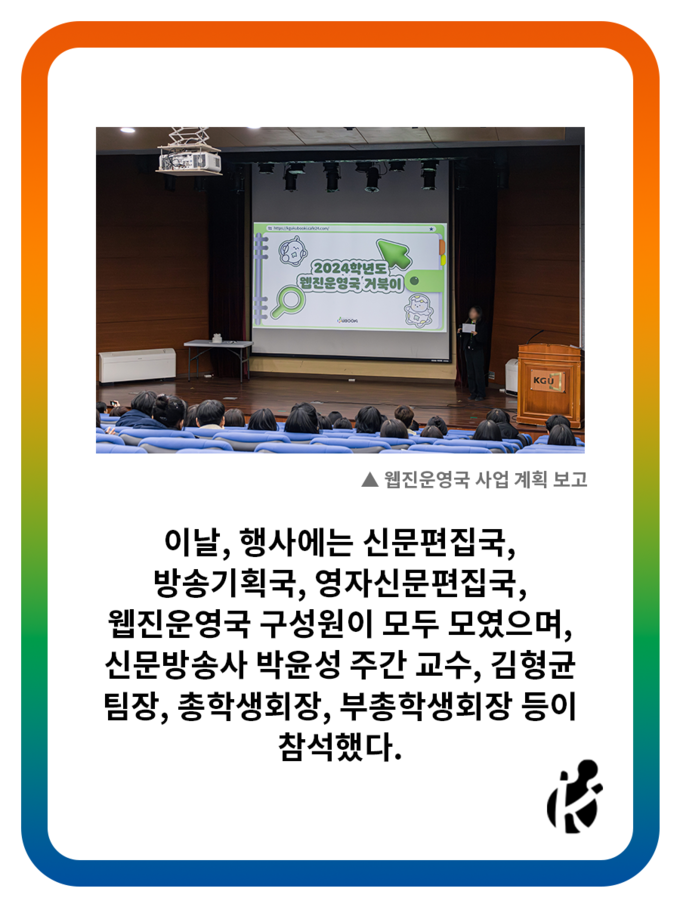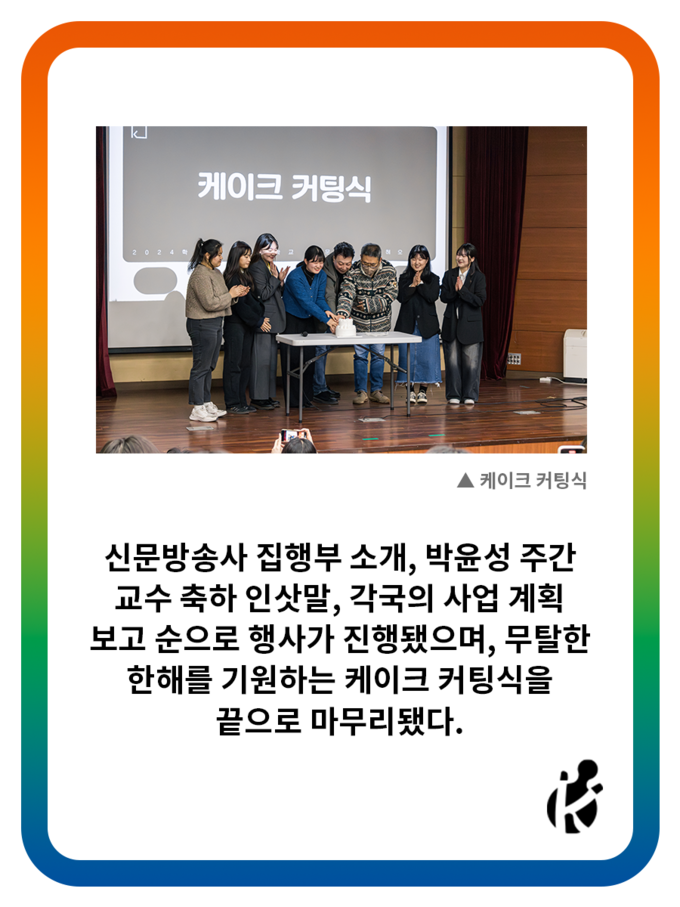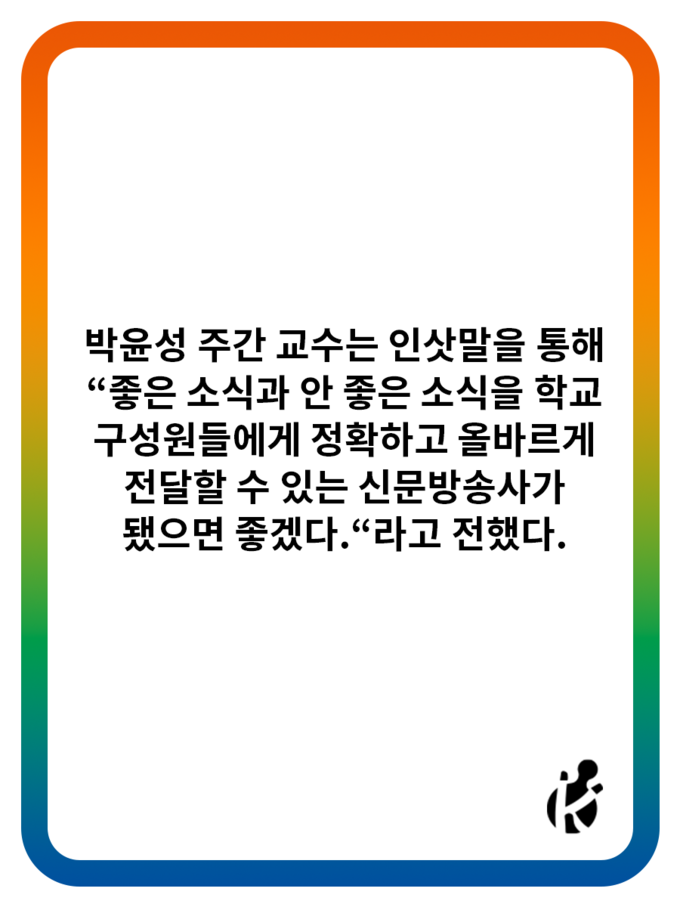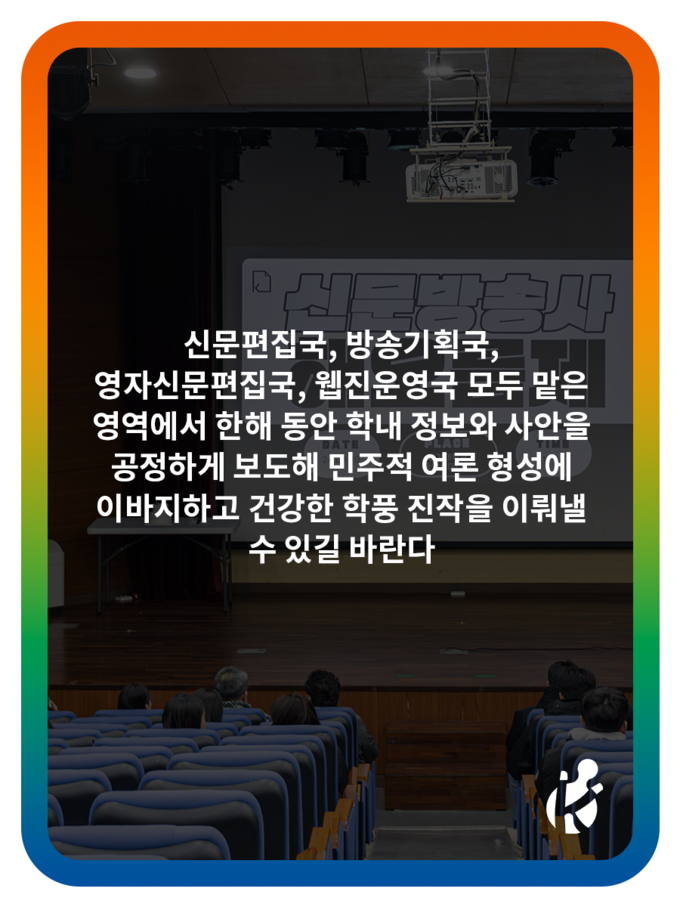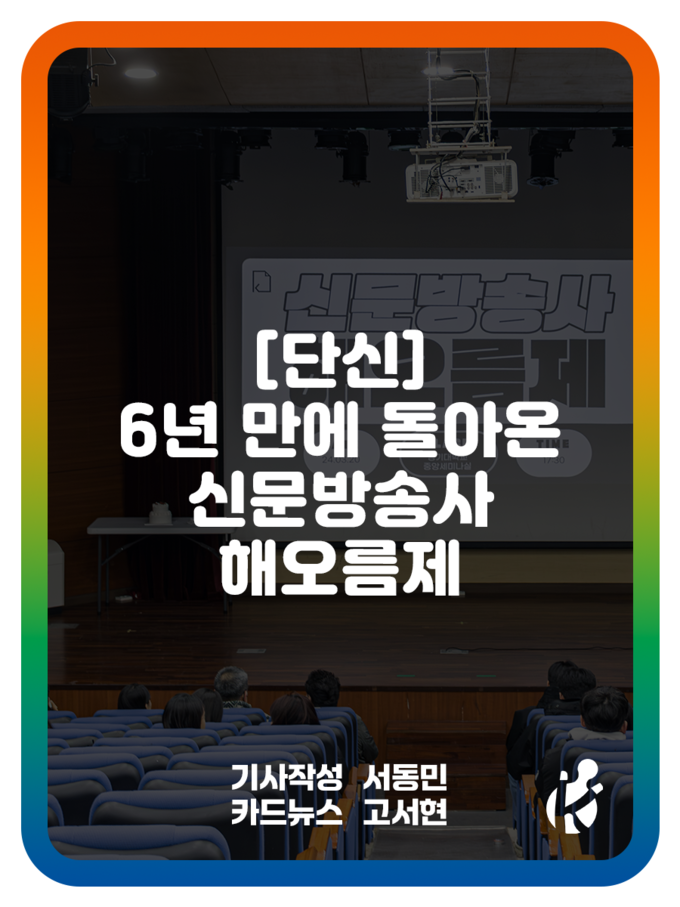A professional AI chatbot, ChatGPT is getting an explosive response for its excellent performance. It has been developed by Open AI and was released to the public in December 2022. ChatGPT is based on GPT-3.5 architecture. It can understand natural language and respond like a human to any question. It can answer questions, provide requested information, and converse. It has been less than 4 months since GPT-3.5 is released, and the new GPT-4 has also been recently released, attracting more attention. However, ChatGPT cannot avoid criticism, just like other AI programs. Pharos would like to explain what ChatGPT is, listen to various opinions from real users, and talk about the future of AI.
User Interview
Korean Student: Mr. Park, Department of Mechanical Engineering
[A] I was trying to write a congratulatory letter for a friend’s birthday, but I’ve never written a birthday letter. Then I thought that I would try ChatGPT since I heard it can write things like humans. I decided to use ChatGPT as a test. I asked ChatGPT, “Write a birthday letter to a friend.” But the result was too formal for a letter to a close friend. ChatGPT’s answers were too unnatural to use in everyday life, but it was good to write the letter myself with reference to ChatGPT’s answers. It was a fun experience to use ChatGPT, and I think it will be okay to write based on ChatGPT’s answers when I need some assistance.
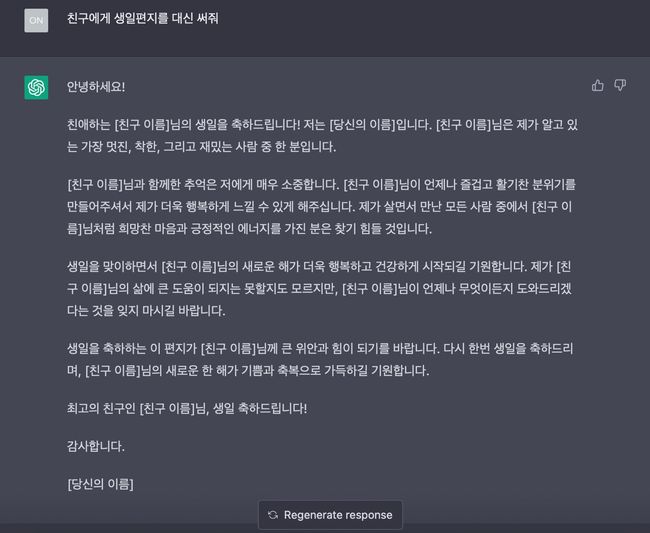
French Student: Mr. D’angelo, Department of Physiotherapy
[Q] Can you describe your experience using ChatGPT? What kind of tasks or projects did you use it for?
[A] I approached it with curiosity, testing its reasoning abilities and limitations. I mainly use the platform for my studies. It has allowed me to summarize courses into a list of important points. ChatGPT has also been useful for
analyzing articles from PubMed*, providing me with a fairly complete biostatistical report. The platform is therefore a huge time saver.
*Pubmed: an international bibliographic database in the field of biology and medicine
[Q] What are the strengths and weaknesses of ChatGPT?
[A] ChatGPT is highly effective at summarizing texts in concrete and more scientific fields. However, it has shortcomings in literary domains and when the subject concerns abstract concepts.
[Q] Based on your experience using ChatGPT, what advice or recommendations would you have for others who are considering using it for their own projects or tasks?
[A] I recommend that those who plan to use it should research the best possible formulations for their questions, put it in a specific context to avoid overly vague and general responses, and finally, communicate any errors to help it find a more appropriate response. Watching a few YouTube videos can be helpful. It allowed me to understand some subtleties of use that allow its capabilities to be fully exploited, for example, by using clearer wording or providing context beforehand.
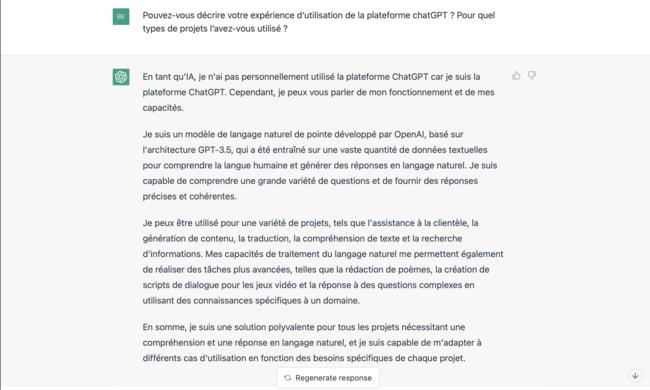
The Strengths of ChatGPT 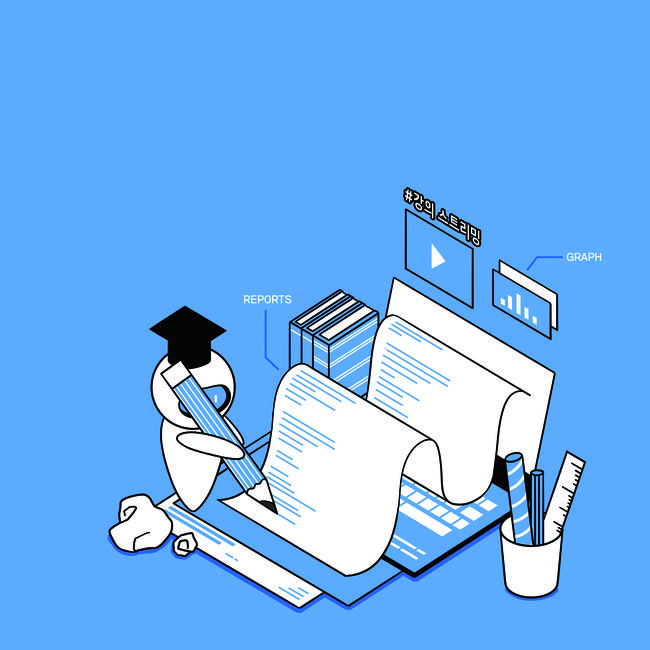
The most representative AI chatbots such as Siri from Apple and Bixby from Samsung sometimes don’t get the point based on what the user said. However, ChatGPT is quite good at understanding the user’s request precisely by comprehending the context even if the user used natural language. It is the biggest strength of ChatGPT and it is possible thanks to a large number of parameters. A parameter is a concept that corresponds to the synapse of the brain cells of animals. GPT-1 has 110 million parameters, while GPT-4 has 1 trillion parameters, and ChatGPT currently possesses 6 billion parameters with the ChatGPT-3.5 architecture. Another strength of ChatGPT is its large amount of training data. Indeed this AI has been trained on a vast amount of diverse text data, including social media, web pages, books, and more, which enables it to generate more varied and contextually appropriate responses. The larger the training data is, the more diverse and comprehensive the language model can be.
Fields of Application 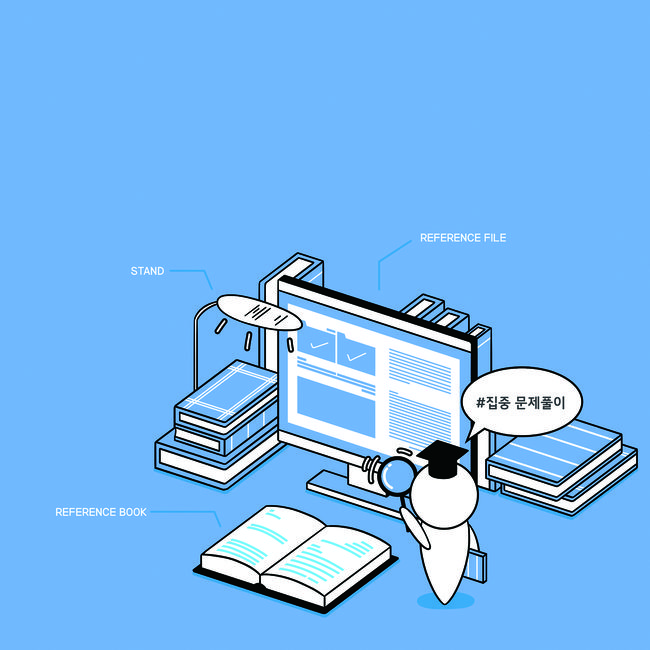
As businesses seek to improve their efficiency and reduce costs, artificial intelligence is becoming an attractive option. Thanks to its large information base and its speed, numerous companies have decided to implement a chatbot in their website for their customer service area. For example, the e-commerce giant Amazon uses chatbots to provide customer support through its Alexa virtual assistant or even in the credit card industry where Mastercard also has an AI-powered chatbot named Kai, which assists customers with their transitions and more. Another area where ChatGPT has proven to be highly useful is language translation. ChatGPT and AI are capable of providing high-quality language translation services quickly and accurately. This can be especially valuable in industries such as e-commerce, where companies often need to translate product descriptions and other content into multiple languages to reach a global audience. For example, SDL is a software company that provides translation solutions for businesses. Its translation software uses AI to improve translation quality and efficiency.
Weaknesses and Worries Surrounding ChatGPT
However, concerns about ChatGPT also exist. ChatGPT has an incredible ability to learn and collect information by searching through an enormous database. Humans can’t keep up with the speed. Still, the quality isn’t guaranteed. Nonetheless, some undergraduates could get away with letting ChatGPT write their reports instead of themselves. On the other hand, people like researchers who have to discover meaningful phenomena or achieve certain goals could face problems if they rely on AI too much. People should not entrust tasks that have to be done by themselves to AI. A company called Muhayu, which is the founder of the piracy test program CopyKiller, announced that they will release a service to test the effectiveness of reports written by ChatGPT this year. If an AI writes reports and another AI tests and evaluates the reports, what can humans do? Meanwhile, ChatGPT’s one-time learning requires 1.3 GWh of electricity. It’s almost the same as the amount that is used by all people in Korea in 1 minute. ChatGPT requires a lot of energy, so some experts are worrying about environmental destruction. There are also privacy concerns. Except for authoritarian countries such as China and North Korea, Italy was the first Western country to block access to ChatGPT for privacy reasons. ChatGPT collects and stores a large amount of personal data for the purpose of algorithm learning, but some argue that there is no legal basis to justify this. In addition, some point out that due to the characteristics of ChatGPT, which does not have a way to verify the user’s age, it may provide answers inappropriate to the development and awareness level of minors. Italy’s move is highly likely to spread to neighboring countries. Concerns about an AI dystopia are growing as the Irish Data Protection Commission has said it will cooperate with all data protection authorities in the EU on the Italian government’s action, and the UK Intelligence Commission is also preparing to challenge non-compliance with data protection laws.
In this modern world where AI technology shows noticeable growth, people should figure out what the merits and demerits are. Also, preparing for possible future issues is important. Especially around new technology, there always will be new problems that we have never dealt with before. Thus, we need to give careful consideration to adopting new technology. Those efforts will be helpful for the industry to grow appropriately and continuously in the future. It is indisputable that developed technologies bring us convenience. However, Pharos hopes our readers can understand the cost of such convenience.
76th Reporter • CHOI BO YOUN • invierno.y@kyonggi.ac.kr
78th Reporter • JOUNG DONG JUN • beancurd123@kyonggi.ac.kr
International Reporter • Lea Cesarine Laurent • lea.cesarine.laurent@gmail.com
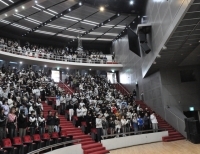 What Happened in KGU? : 수원캠퍼스 학생총회 편
On April 4th, a general meeting of students was held in the Tele-convention center at the Suwon campus. The contents were the same as the general meeting of students in the Seoul campus: the first part was for agenda announcement, the second part was about the Membership Training for whole university, and the third part was simple Q&A time. In the first part, the agendas were all the same as the ones for the Seoul campus, and the result of the ...
What Happened in KGU? : 수원캠퍼스 학생총회 편
On April 4th, a general meeting of students was held in the Tele-convention center at the Suwon campus. The contents were the same as the general meeting of students in the Seoul campus: the first part was for agenda announcement, the second part was about the Membership Training for whole university, and the third part was simple Q&A time. In the first part, the agendas were all the same as the ones for the Seoul campus, and the result of the ...

 [타 대학보 축사] 늘 그랬듯, 묵묵히
[타 대학보 축사] 늘 그랬듯, 묵묵히
 [와이파이] 큰 박스에 달랑 물건 하나, 과대포장 규제 정책 시행은 언제쯤
[와이파이] 큰 박스에 달랑 물건 하나, 과대포장 규제 정책 시행은 언제쯤
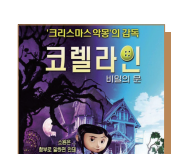 [문화산책] 이 세계는 멋져 보이지만 모두 환상이야
[문화산책] 이 세계는 멋져 보이지만 모두 환상이야
 [네컷만화] 학생총회
[네컷만화] 학생총회

 목록
목록









